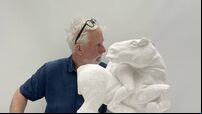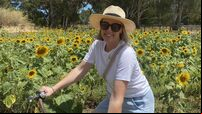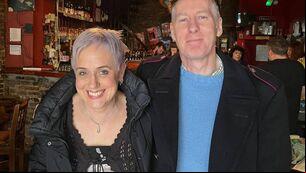Books: For brilliant Creedon, home is always where the heart is...

Recent reviews in praise of John Creedon’s new book, This Boy’s Heart, refer to it as a memoir. But I don’t know.

Now there’s the conundrum about memoir, something for the dilettantes in Le Chateaux to mull over as they sip their Chablais. Let the author be assured that the story he tells transcends the individual and the local to the universality that reflects the human condition as all great art does.
This Boy’s Heart: Scenes From An Irish Childhood, by John Creedon, Gill Books, €22.99. Available in all good bookshops.
Read More







 App?
App?


